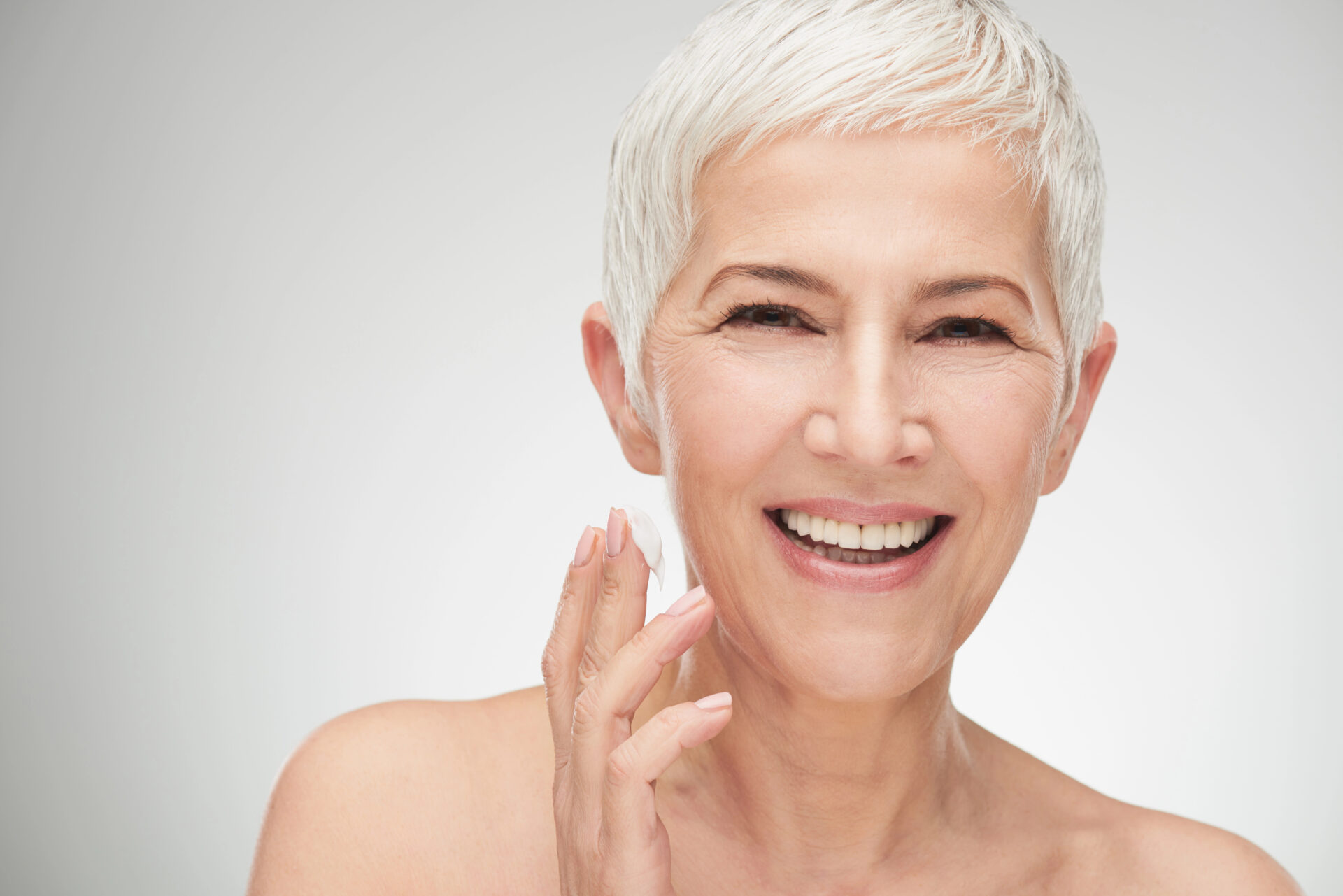Welcome to the world of chemical peels – a transformative skincare treatment designed to rejuvenate your skin and reveal a brighter, smoother complexion. In this comprehensive guide, we'll explore everything you need to know about chemical peels, including what to expect before, during, and after treatment, as well as the wide range of concerns they can effectively address.
What is a Chemical Peel?
A chemical peel is a cosmetic procedure that involves the application of a chemical solution to the skin, which exfoliates the outermost layers and stimulates cell turnover. This process removes damaged or dull skin cells, revealing fresh, healthier-looking skin underneath. Chemical peels can vary in intensity, from mild to deep, depending on the type of solution used and the specific concerns being addressed.
What Concerns Can Chemical Peels Treat?
Chemical peels are versatile treatments that can effectively address a variety of common skincare concerns, including:
Acne and Acne Scars:
Chemical peels can help improve acne by reducing oil production, unclogging pores, and exfoliating dead skin cells. They can also minimize the appearance of acne scars by promoting collagen production and smoothing out uneven texture.
Hyperpigmentation:
Whether caused by sun damage, hormonal changes, or inflammation, chemical peels can lighten and even out skin tone by targeting excess melanin and promoting cell turnover.
Fine Lines and Wrinkles:
Chemical peels can stimulate collagen production and improve skin elasticity, resulting in smoother, firmer skin and reduced appearance of fine lines and wrinkles.
Uneven Texture:
Chemical peels can help refine the skin's surface by exfoliating dead skin cells and promoting the growth of new, healthy cells, resulting in a smoother, more even complexion.
What to Expect Before Treatment
Before undergoing a chemical peel, it's essential to schedule a consultation with a qualified skincare professional to discuss your concerns, goals, and medical history. During this consultation, your provider will assess your skin type and recommend the most suitable type and strength of chemical peel for your needs.
Preparing For Your Chemical Peel
- 1. Discontinue Certain Skincare Products:
Your provider may advise you to temporarily stop using certain skincare products, such as retinoids or exfoliants, in the days leading up to your treatment to minimize irritation and sensitivity. - 2. Avoid Sun Exposure:
It's important to avoid excessive sun exposure and tanning beds in the weeks leading up to your treatment, as sunburned or tan skin can increase the risk of complications. - 3. Follow Pre-Treatment Guidelines:
Your provider will provide specific instructions on how to prepare your skin for the chemical peel, which may include gentle cleansing and moisturizing.
What to Expect During Treatment
During your chemical peel treatment, you can expect the following steps:
- 1. Cleansing:
Your skin will be cleansed to remove any makeup, oil, or debris. - 2. Application of Chemical Solution:
The chemical solution will be applied to the treatment area using a brush or sponge. You may feel a tingling or burning sensation, which is normal and typically subsides after a few minutes. - 3. Monitoring:
Your provider will monitor the treatment process to ensure that the chemical solution is penetrating the skin evenly and effectively. - 4. Neutralization (if necessary):
Depending on the type of chemical peel used, the solution may be neutralized with water or a neutralizing agent to stop the exfoliation process. - 5. Post-Treatment Care:
After the chemical peel is complete, your provider will apply soothing skincare products and provide post-treatment instructions to promote healing and optimize results.
What to Expect After Treatment
After your chemical peel, you may experience some temporary side effects, including:
- 1. Redness:
Mild redness and inflammation are common immediately after a chemical peel, but these side effects usually subside within a few days. - 2. Peeling:
Depending on the intensity of the peel, you may experience peeling or flaking of the skin in the days following treatment as the old, damaged skin cells slough off to reveal fresh, new skin underneath. - 3. Sensitivity:
Your skin may be more sensitive to sun exposure and certain skincare products in the days following a chemical peel, so it's important to protect your skin with sunscreen and gentle skincare. - 4. Breakouts:
Chemical peels deeply exfoliate your skin which can cause impurities to raise to the surface. This can result in blemishes after your procedure
To maximize the results of your chemical peel and promote optimal skin health:
- 1. Stay Hydrated:
Drinking plenty of water can help hydrate your skin and promote healing and cell turnover. - 2. Protect Your Skin:
It's essential to protect your skin from sun exposure by wearing a broad-spectrum sunscreen with SPF 30 or higher and avoiding prolonged sun exposure. - 3. Follow Post-Treatment Guidelines:
Your provider will provide specific instructions on how to care for your skin after treatment, which may include gentle cleansing, moisturizing, and avoiding certain skincare products or treatments. - 4. Maintain Your Results:
Regularly using sunscreen and medical grade skin care can prolong your results after a chemical peel
Is a Chemical Peel Right for You?
Chemical peels are suitable for individuals of all skin types and tones who are seeking to improve the appearance of their skin and address specific concerns. Whether you're dealing with acne, hyperpigmentation, fine lines, or uneven texture, a chemical peel can be customized to meet your needs and goals.
If you're ready to reveal smoother, more radiant skin with a chemical peel, schedule a consultation with us today to learn more about this transformative skincare treatment and how it can help you achieve your skincare goals.
Ora Aesthetics is committed to providing exceptional skincare solutions with advanced treatments and personalized care. Contact us today to schedule your consultation and take the first step towards healthier, more beautiful skin.
